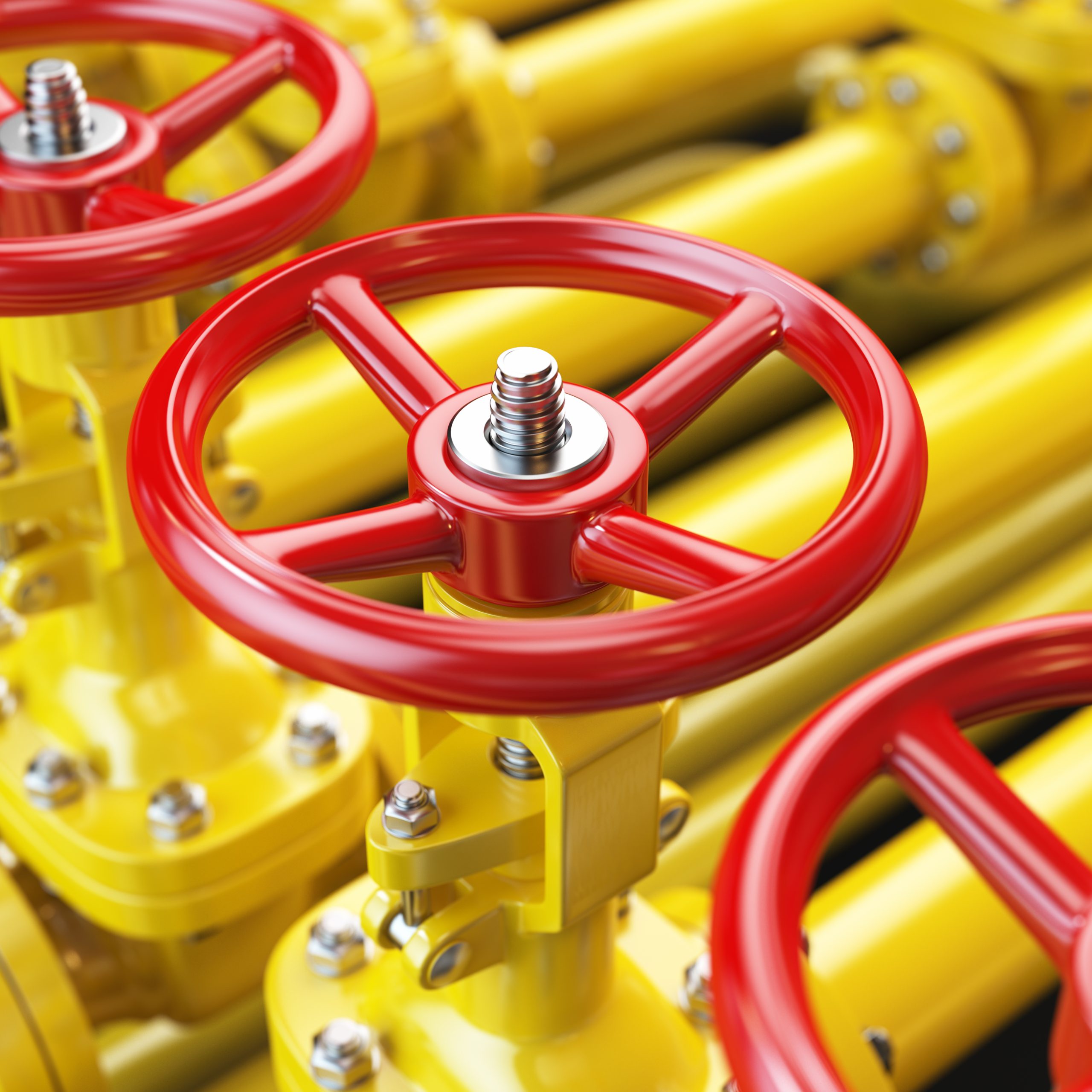Bangladesh aims for urea self-sufficiency

Bangladesh has set a strategic goal to achieve self-sufficiency in urea production. The country, under the leadership of re-elected Prime Minister Sheikh Hasina Wajid, is steering towards reducing its dependency on fertilizer imports, which cost approximately 5 billion dollars last financial year. The imports mainly comprised urea and other fertilizers from nations like Saudi Arabia, United Arab Emirates, Qatar, and Russia.
The ongoing financial burden due to these imports highlights the urgency for Bangladesh to bolster its domestic fertilizer production. Industry analysts point out that modernizing outdated facilities is crucial for this transition. In line with this strategy, plans are underway to establish new urea plants. These plants, aimed at leveraging the gas fields in the southern regions of Bangladesh, will either replace the old units or introduce green urea plants.
The Prime Minister, following her recent re-election, emphasized the importance of urea self-sufficiency in ensuring the nation’s food security. She entrusted the new Industries Minister, Nurul Majid Mahmud Humayun, with the responsibility of overseeing the development of modern fertilizer factories. These include an upgraded facility at Ashuganj and a new plant in the Bhola gas field.
Bangladesh Chemical Industries Corporation (BCIC), the country’s largest public-sector corporation, plays a pivotal role in urea production. BCIC’s portfolio includes managing ten large and medium-sized enterprises, covering a diverse range of industries. Notably, 80% of BCIC’s products are chemical fertilizers, with urea constituting 70% of this segment.
In the fiscal year 2023, Bangladesh produced 527,271 metric tonnes of urea but had to import 1.66 million metric tonnes to meet a total demand of 2.30 million metric tonnes.
Highlighting a significant development in Bangladesh’s fertilizer sector, Prime Minister Sheikh Hasina inaugurated the largest and first green fertilizer factory in South Asia – the Ghorashal-Polash Urea Fertilizer Project. Launched in her previous tenure in November last year, the project, a collaboration between the China National Chemical Engineering & Construction Corporation Seven Ltd. (CC7) and Mitsubishi Heavy Industries (MHI) of Japan, was completed in Narsingdi district. This factory is poised to produce 800,000 metric tonnes of granular urea and 500,000 metric tonnes of anhydrous ammonia annually.



